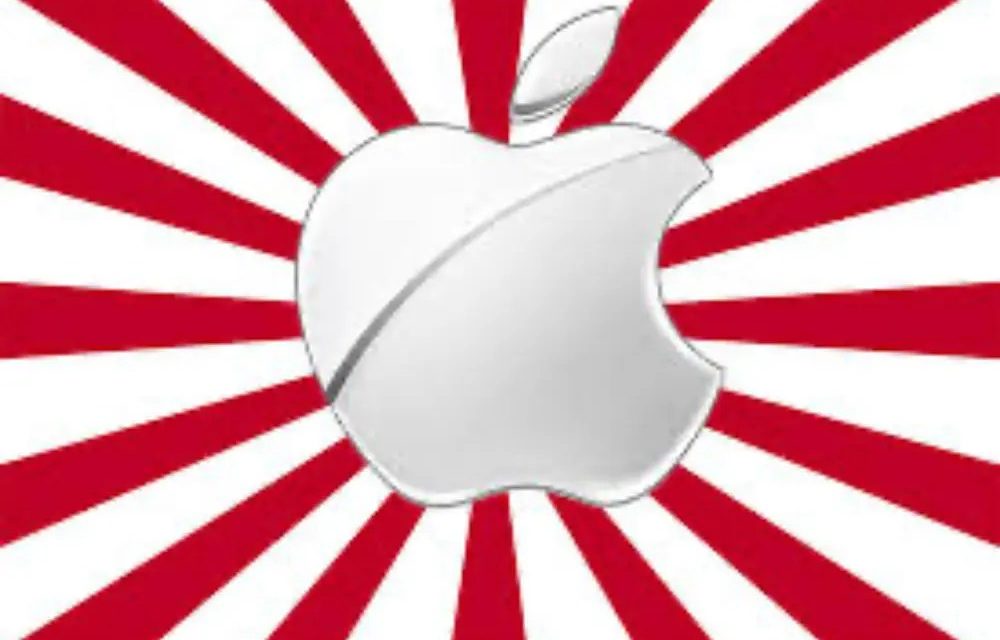Japan’s parliament has passed a new law aimed at improving competition in smartphone app stores. The legislation will prevent major tech companies like Apple and Google from blocking third-party companies from selling and operating apps on their platforms, notes readwrite.
The Act on Promotion of Competition for Specified Smartphone Software was approved by Japan’s upper house on June 12 and will come into effect once it receives the Cabinet’s formal approval, which is expected within the next eighteen months.
The law specifically targets providers of iOS and Android operating systems, the Apple App and Google Play stores, and Apple and Google’s payment platforms, by prohibiting them from restricting the sale of apps and services that compete with those offered by the native platforms.
This isn’t Apple’s first brush-up with Japan’s regulators. In April it was announced by Nikkei Asia that Japan plans to increase a penalty for monopolistic practices by tech companies to 20% or more of their applicable sales nationwide, more than triple the percentage under current antitrust law, reports
The planned legislation is intended to prevent monopolies in app distribution, targeting Apple and other companies offering operating systems for smartphones, the article adds. The iPhone make and other mobile platform operators such as Google would be required to allow third-party app stores and payment systems. Violations would bring fines from the government.
The Japan Fair Trade Commission has fined companies 6% of their sales in related services under the country’s current antimonopoly law. Nikkei Asia says the proposed law would raise this level to 20%.
This is an going issue for Apple. In October 2023 the tech giant defended its in-app payments policies to the government of Japan, according to Macotakara (as translated). From Apple’s statement: Apple has carefully designed devices and ecosystems focused on security, privacy, and performance. For the reasons described below, Apple opposes the proposal of the Digital Market Competition Headquarters of the Cabinet Secretariat. Apple has already submitted detailed materials for past proposals of the Cabinet Secretariat Digital Market Competition Headquarters, so we will repeat only important points in this submission.
A centralized distribution of apps is the key to Apple’s multi-layered approach to security, privacy, and performance. The distribution of centralized apps on iOS is not an abstract concept. The centralized distribution of apps by Apple’s App Store, along with other factors such as secure hardware and software protection, is an essential element of Apple’s multi-layered approach to security. By distributing apps centrally, it prevents the spread of malware and fraudulent apps, and promotes clear accountability and consistency of privacy management ※. Human-handed App Review, supported by tools and automated processes, protects applicants from unsafe, harmful, inappropriate, exploitative, fraudulent or fraudulent content. It also protects against malware in this way and ensures that data privacy and other laws are complied with 3. Apple’s approach makes i0S the most secure consumer computing platform in the world. The distribution of a centralized app is the core element that makes this happen.
Any change in the distribution of a centralized app will compromise the current security level. Changing Apple’s centralized app distribution model will put all users at greater risk, regardless of whether they are sideloading or authorized by a third-party app store.
I hope that you’ll consider becoming a patron of Apple World Today. Prices range from $2 a month to $10 a month. You can sign up here. Thanks in advance for your support.
Article provided with permission from AppleWorld.Today


